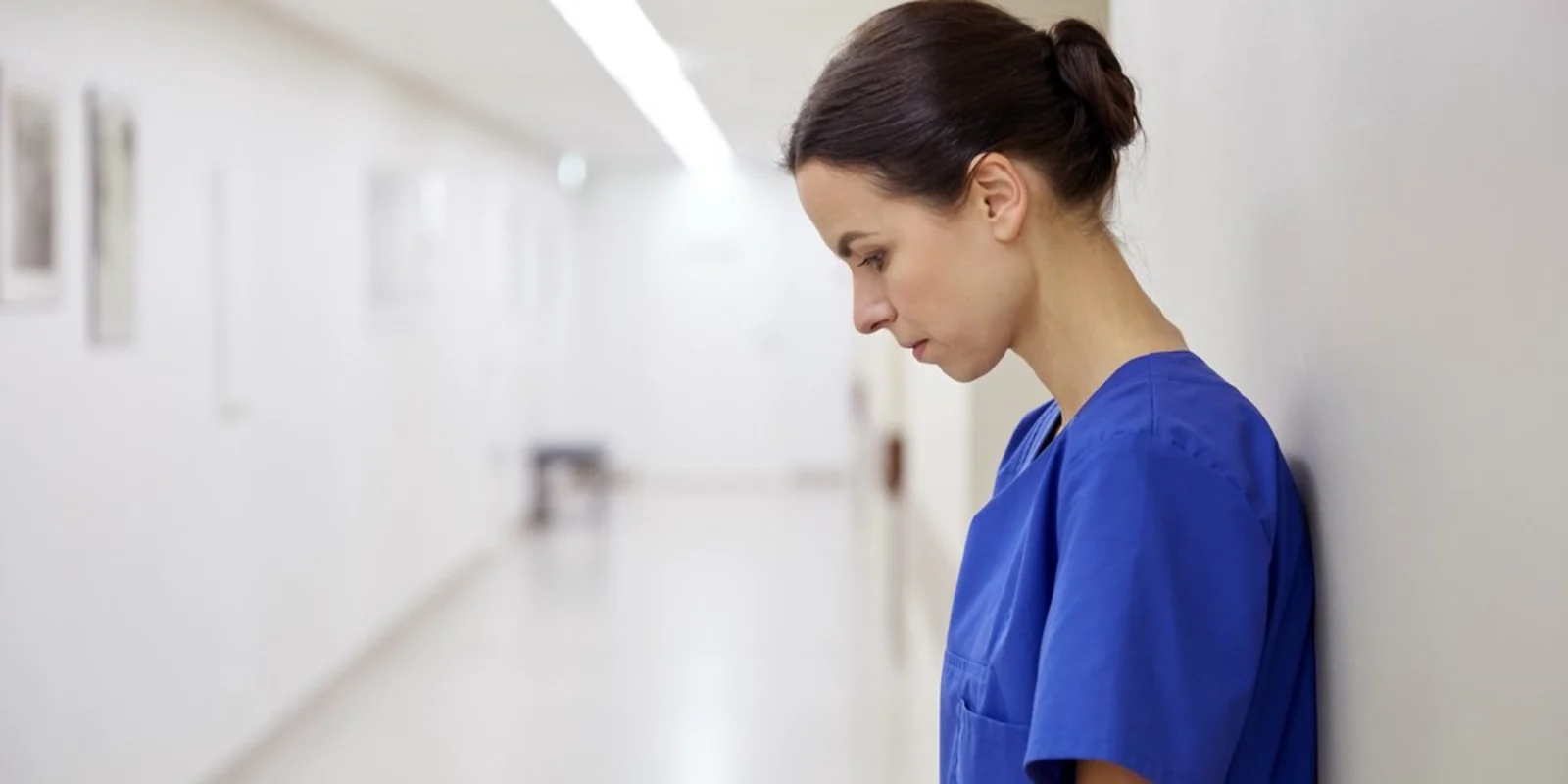
That sudden urge to make it stop. That overwhelming feeling of depression and hopelessness that creeps in every time you think of how little control you have over your future. How much can I really memorize? Where will I end up in residency? Why do I feel like I am always behind? When can I spend time with my family?
The relentless pressure to perform, to be perfect, to not show weakness, to always be productive. The feeling of guilt when you take a break from studying. The feeling that you are an imposter in a community full of perfect, eager, energized Type-A medical students and physicians.
Depression. Suicide.
Last year alone I heard of six cases where medical students committed suicide. Research from 2003 speculates that roughly 400 physicians commit suicide every year. This past week, I heard from a friend that a co-resident committed suicide. A tragic story. A tragic story where the hospital and program tried to cover it up. A well-trained, young resident, who had dedicated his life to selfless service; now gone.
An issue no doubt, but not one that has been ignored. It is not uncommon to read articles scattered across the internet about this very topic.
Physician Suicide.
Mental Health in Medicine.
Depression in Residency.
As a third-year medical student and third-year PhD student my social media feed is filled with friends sharing these exact articles on a monthly basis — a constant reminder that if you are feeling anxious or depressed, it’s ok, so are your peers and your predecessors. You are not alone.
Through all of the articles I’ve read, a pattern has emerged. We always blame the institution of medicine for not allowing us to open up and communicate about these issues. We stir up the conversation and work to break down the stigma of mental illness. We assign students and administrators to mental health task forces. We push to prevent backlash, but through everything, the actual CAUSE of the stress, depression, and suicides has largely been ignored. Our preceptors, attendings, advisors and mentors feel the stress too; finishing residency does not simply solve the problem.
Puzzled and perplexed, each article I read leaves me with three impressions:
- I am not alone. Medical students and physicians alike are suffering.
- It probably won’t get any better throughout my career.
- The profession genuinely cares, but it isn’t going to change anytime soon.
Disheartening to say the least.
While I personally have had an amazing medical school experience, I watch my colleagues as they quickly shuffle down the halls of the hospital. They move to a silent chorus, mentally numb to how much they’ve changed since they first entered medical school. Where we focus on “breaking down the stigma,” I wonder if we can prevent the stress, anxiety, and depression from ever becoming a problem in the first place.
To answer this question, we first need to step back and analyze what has been proposed. In 2003, the Journal of the American Medical Association published guidelines to encourage suicide prevention for physicians. Their message was clear — we need to change “institutional policies to encourage physicians to seek help.” Since then medical organizations across the country have given their recommendations. The American Council of Graduate Medical Education (ACGME) focused their recommendation, like other groups, on three main areas. One, on educating residents and fellows on the signs of mental illness and the resources available. Two, residents should have access to screening for mental health issues and should have 24-hour access to such resources. And three, trainees should have access to the treatments without repercussions. The most recent improvement, put forth by the ACGME in July 2017, acknowledges the fact that residents are at an increased risk of suicide and depression.
But has this worked? Have these recommendations solved the issue?
The profession clearly agrees mental health is an issue. As recent as ten years ago, we would not be able to have this conversation. A medical student would not have been able to write about such issues without the fear of repercussions. The conversation of mental illness in the profession was largely covered up.
I return to the question: instead of giving us the resources to deal with these issues, what is being done to prevent these issues in the first place? What was the cause of these depressive symptoms and suicidal ideations. Is it the practice of medicine? Did these students have these issues before medical school? Is it the institution of medicine? Is it the medical education system? Is it the healthcare system?
I ask these questions because I cannot find the answers. I do not see these questions being asked. I cannot find the “why” in most of these articles. From conference to conference, I hear no discussion of prevention.
Addressing the mental health issue for medical professionals, to me, is analogous to our view on treating a patient. Do you treat the symptoms of a disease or do you invest your time to find the root cause of the disease?
I wish I had an answer. I think we all do. As medical students or physicians, we pride ourselves on having answers and knowing the science of health issues. I believe, this is one issue we still know remarkably little about.
This is one issue we, as a profession, need to discuss and fix.
Our dialogue and discussions of these issues are crucial. I don’t pretend to have the answer.
If nothing more, this post is a plea. A plea to the medical community that if you are suffering and if you are depressed, seek help. We have a lot to fix, but in the mean time we have to find ways to stay motivated, inspired, and refreshed. Taking care of ourselves is the most underrated and the most important aspect of being a compassionate, empathetic physician.
We need to start talking about why these issues are coming up and we need to start talking about how we can prevent the stress and depression that comes along with the job.
Not just physicians, not just attendings, but residents, medical students, administrators, etc. We all need to start talking about these issues.
If you have questions feel free to reach out me. We have already begun to build a community of medical professionals and students who are working to inspire and motivate each other on Instagram or on our Podcast.
Frank is a third-year medical student and third-year PhD candidate at AZCOM and Columbia University, respectively. He is the host of the Surviving Medicine Podcast and you can connect with him at his Blog, on Instagram, or on Twitter. Feel free to join the SurvivingMedicine Community of medical students and physicians.







